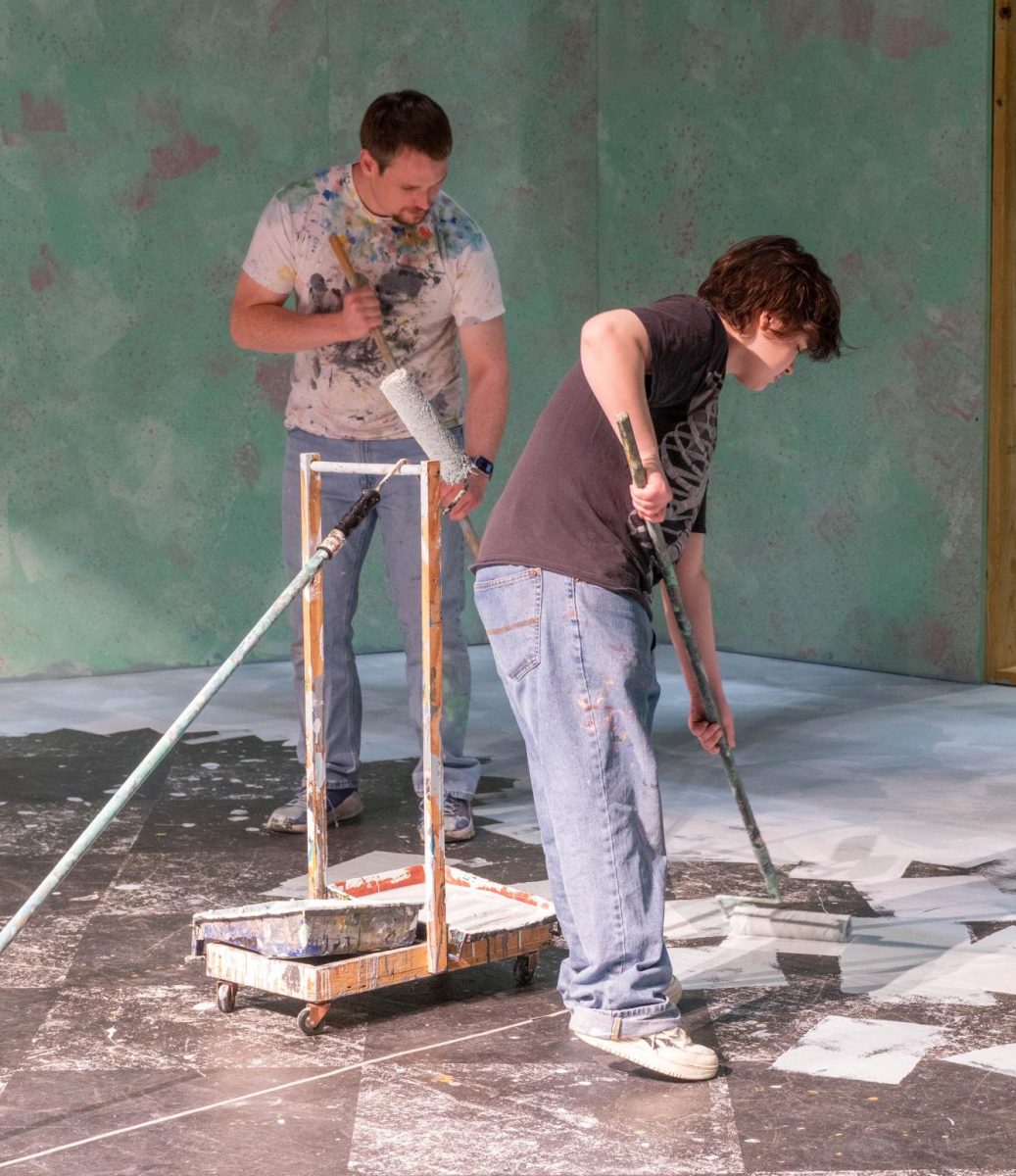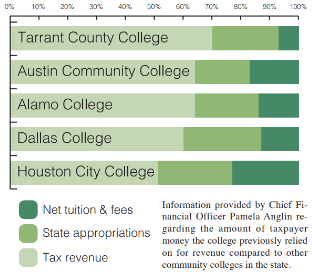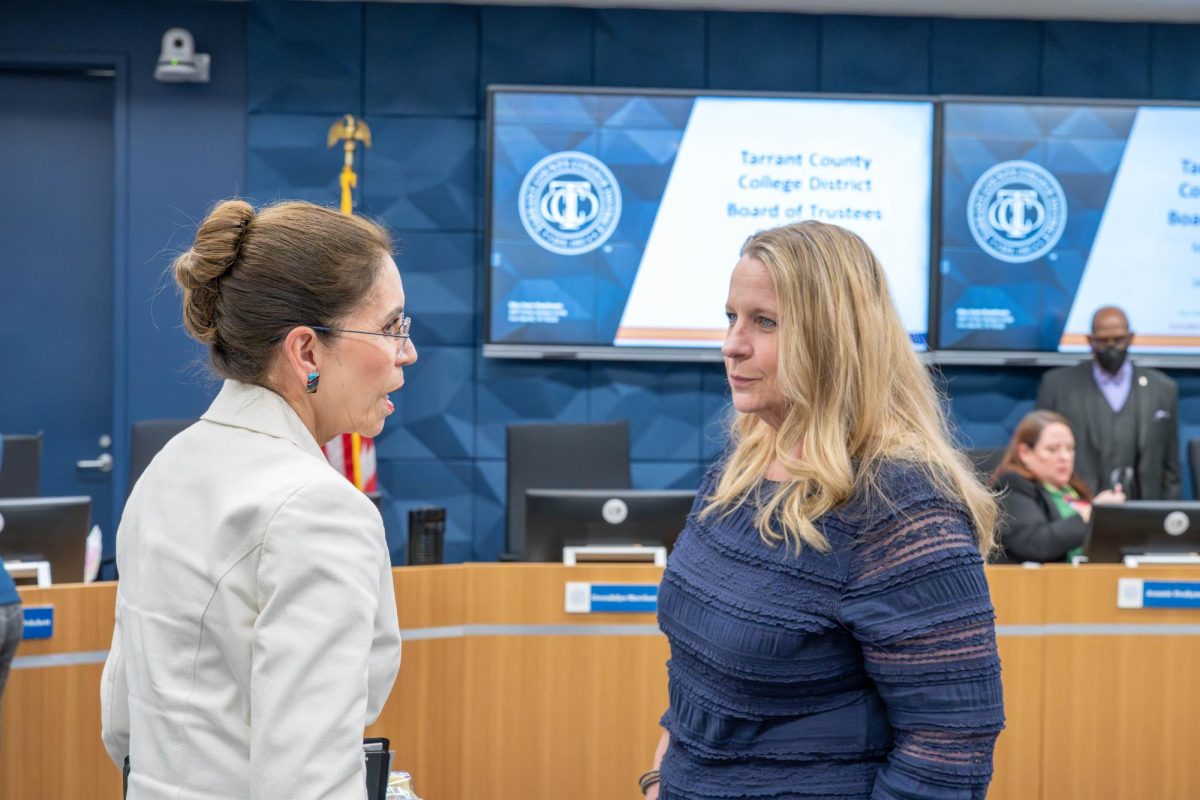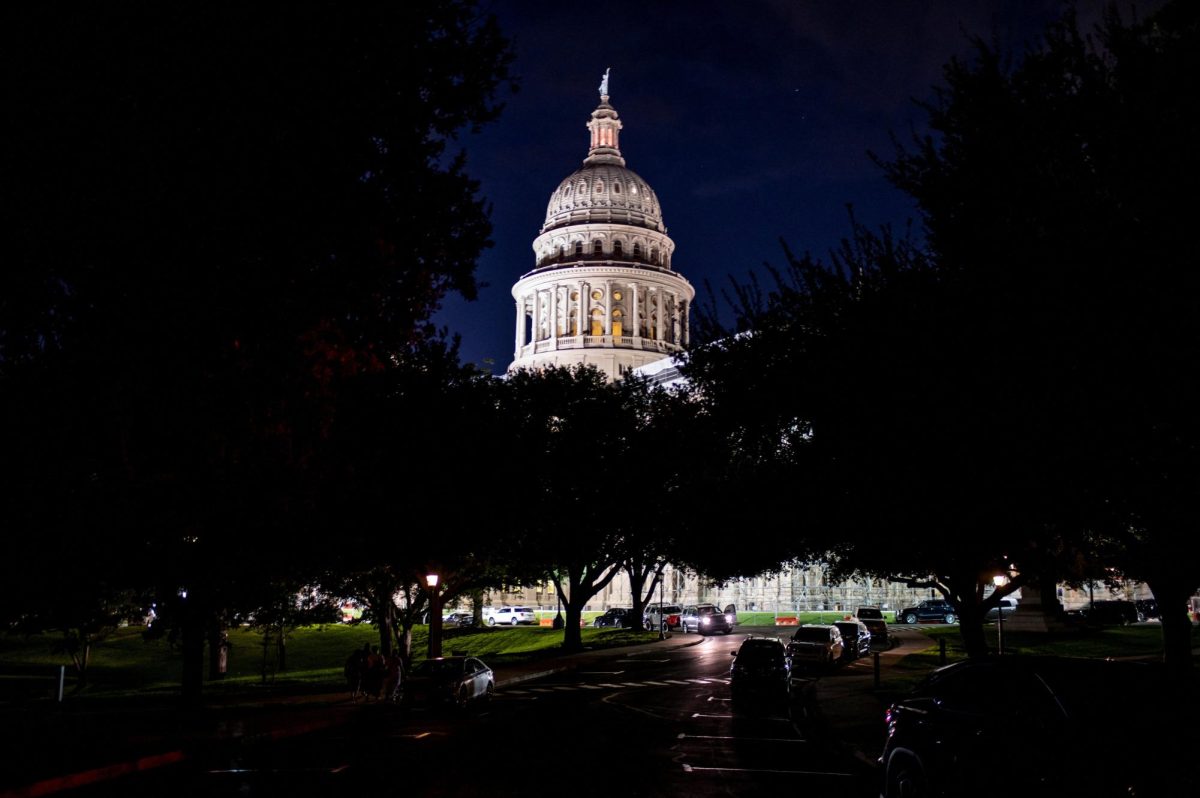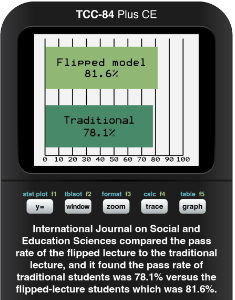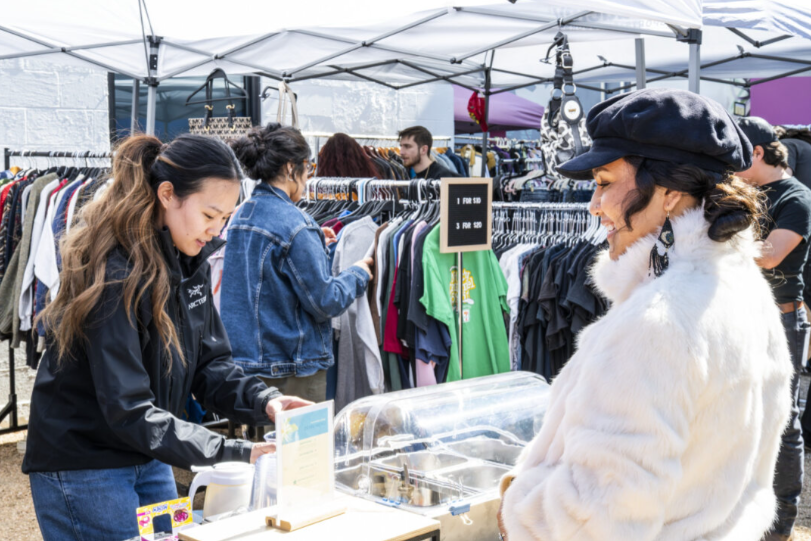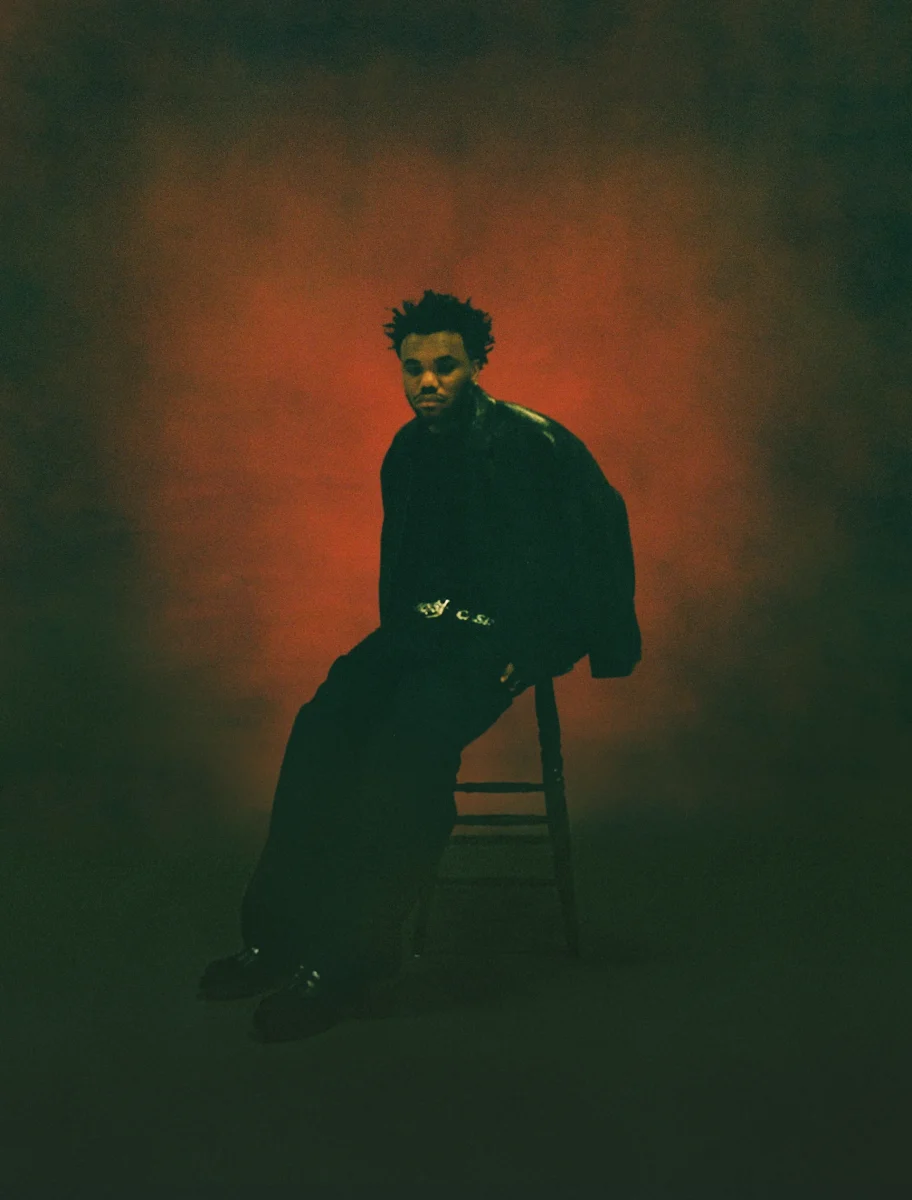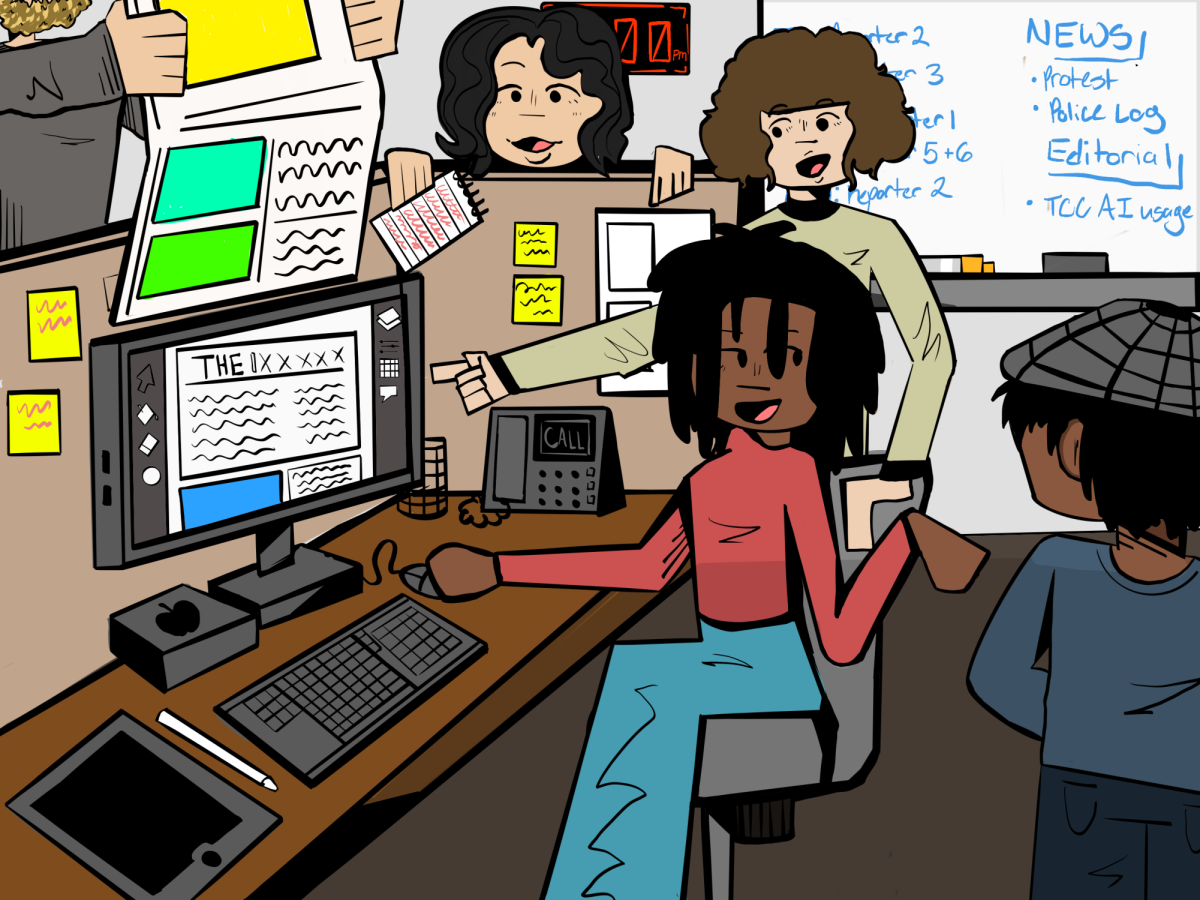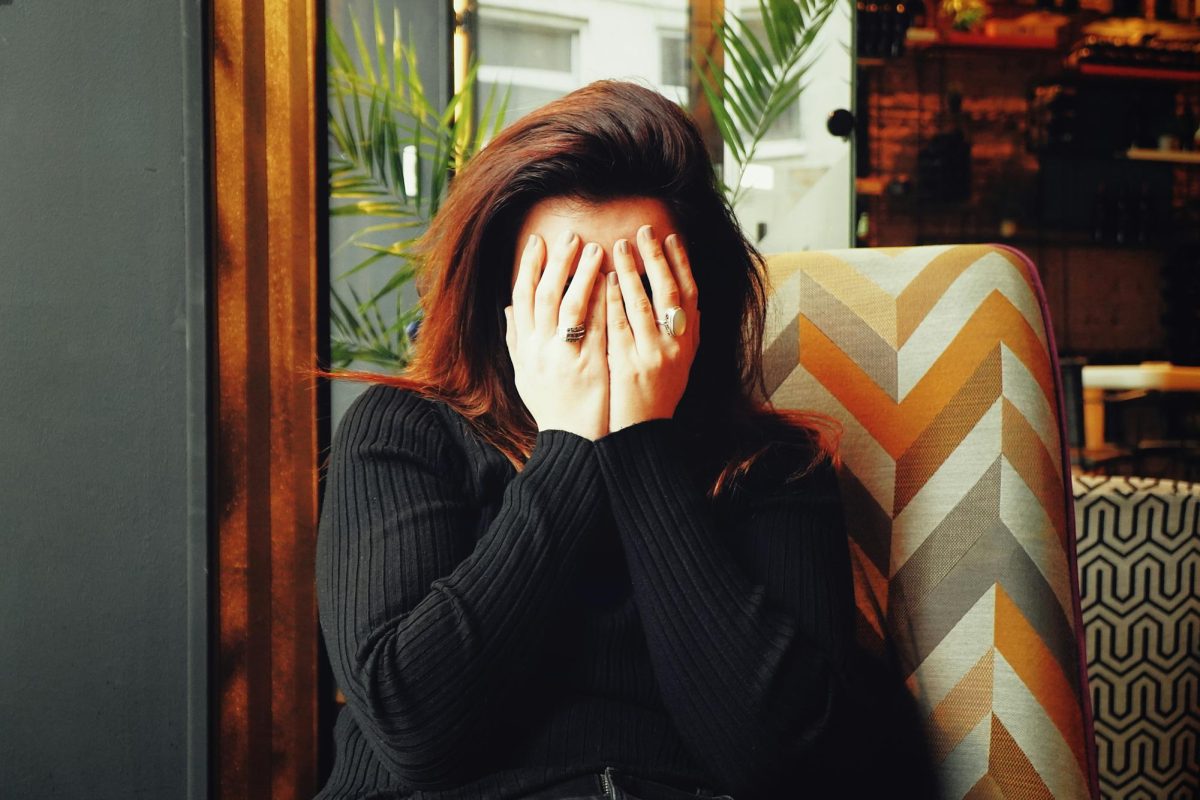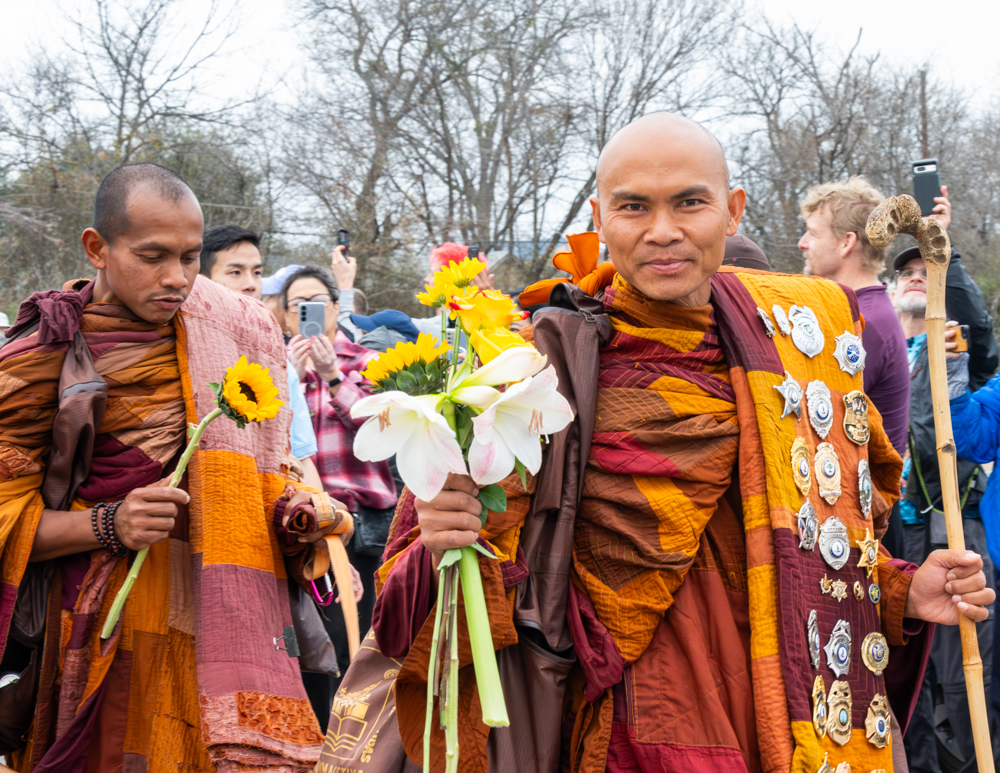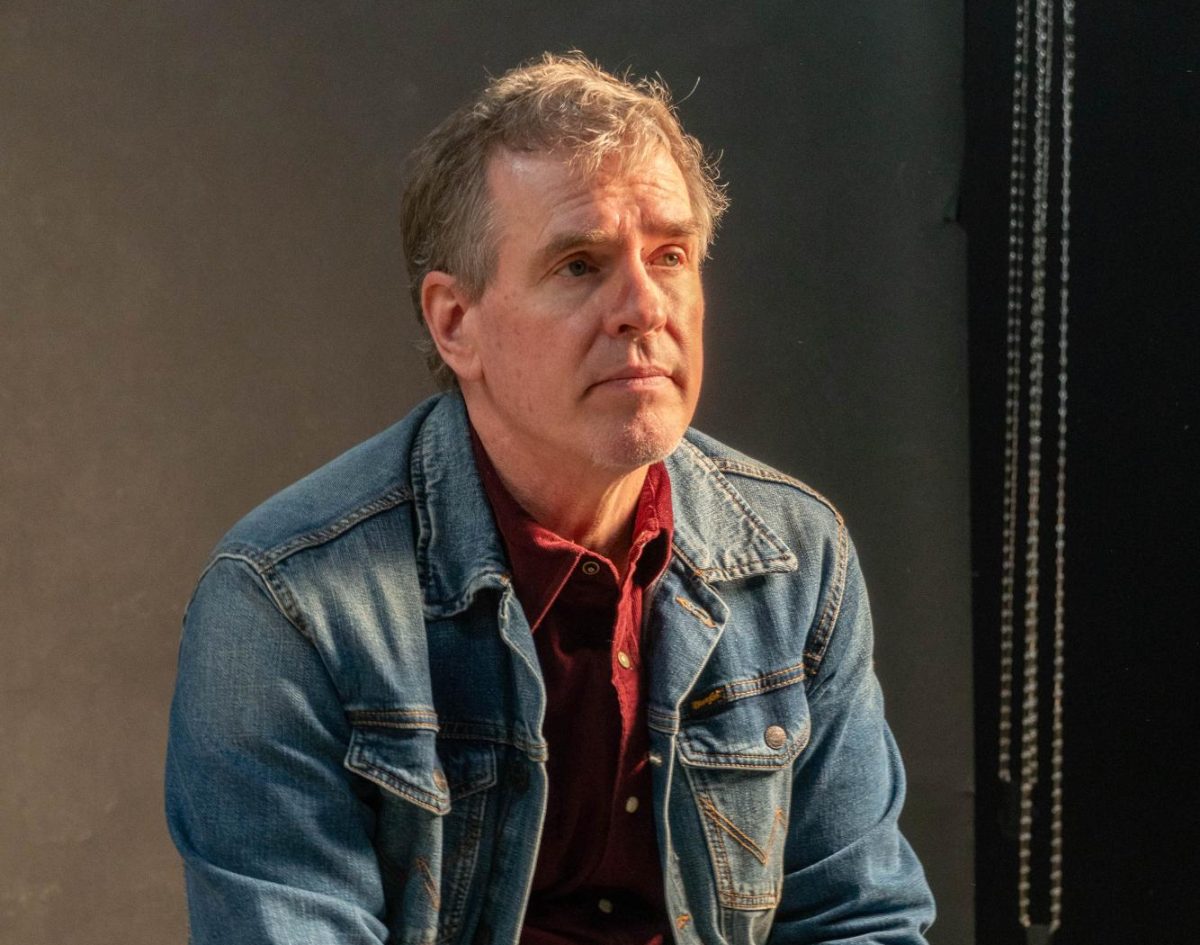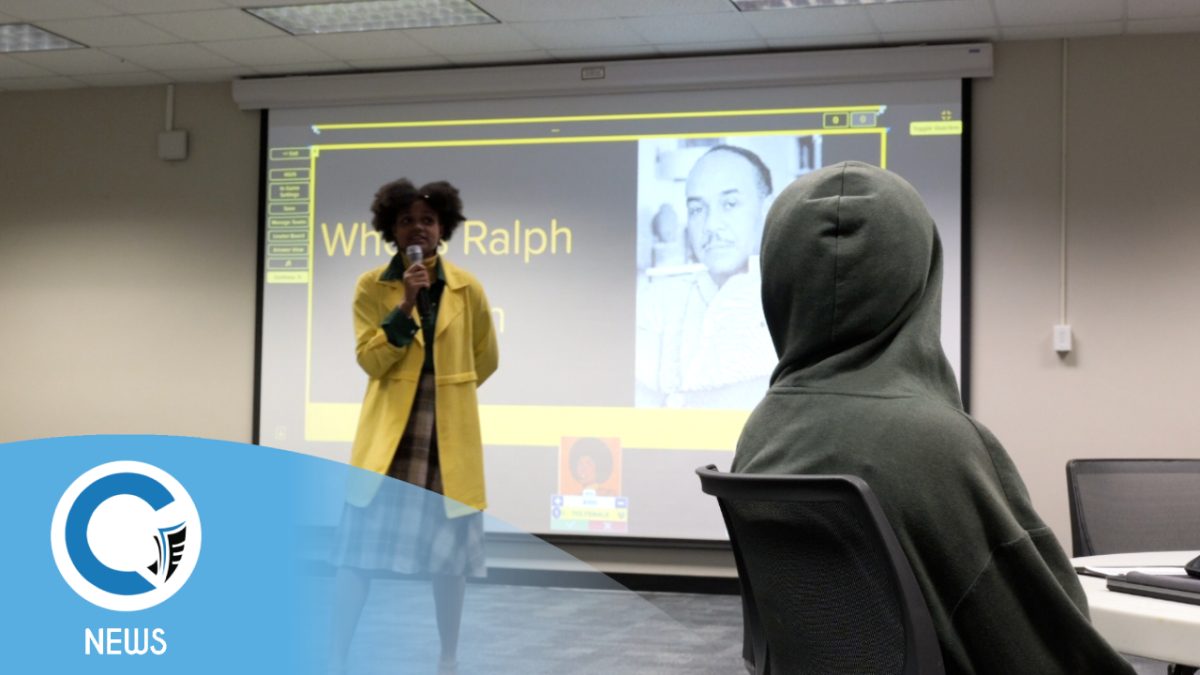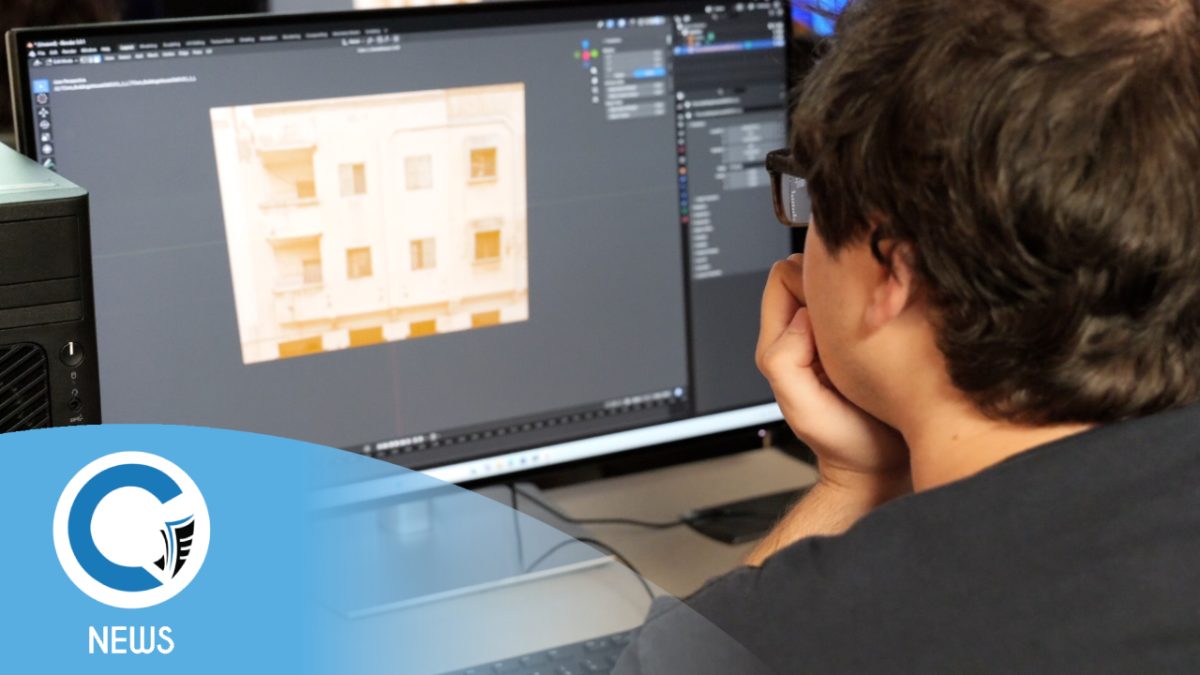By Mona Lisa Tucker/reporter
NE Campus student Janjura Williams said after a trip to her doctor’s office in 2003, tests found atypical cells on her right isthmus, located inside her thyroid glands.

Casey Holder/The Collegian
Over the next two years, several biopsies were done. The cells grew and spread to her left isthmus. Those cells were cancerous.
“So my thyroids were removed in 2006. I will be on medication for the rest of my life,” she said. “And I thought, ‘I’m done. I’m not going to make it past 35. I am dead.’”
She felt as if she had no one to turn to, nowhere to go and no family. It was just her and her young daughter, she said.
Her sister moved on at 15 years old and began having her own children, Williams said.
Williams’ mother was diagnosed with juvenile diabetes at 21. She became ill when Williams was 19, so Williams began taking care of her. Her mother developed the first stages of renal failure and went blind, all within a five-year period. She died at the age of 42.
“I loved my mother, and I don’t care what transpired in our relationship. I loved her,” she said. “And when she died, I lost a part of me.”
Williams said she had her daughter so her mother could see her first grandchild. Williams and the father planned their child, but he left after she became pregnant and her body started changing.
They were together six years, but their relationship was volatile. However, that’s all she knew, so she thought it was normal, she said.
She didn’t know much about her father growing up but remembers the military man being abusive. Still, she carried a picture of him with her all the time, she said.
“You become terrified because they say, ‘I brought you into this world, and I will take you out,’” she said.
He is currently incarcerated in Colorado Correctional Center on nine counts of pedophilia and child molestation. “Those are the offenses they could get him on,” she said.
After enduring both abuse and the death of her mother, she isolated herself, focusing on her job and caring for her daughter, she said.
Williams returned to school after working for a clinical lab for 10 years. She desired a management position but could not get it without a bachelor’s degree. But she realized that coming back to school is so much harder than working a job, especially for parents.
The transition has been hard on her daughter because Williams was the type of mother who regularly picked her daughter up from school, made sure homework was done, washed clothes, cooked and cleaned, she said.
“In the last three years that I’ve been going to school, that’s changed, and my daughter has had a culture shock. She is a teenager, and her mind is misfiring,” Williams said.
Coming back to school was the best thing that happened because she has learned techniques on how to heal through seminars, education, networking and mentors, she said.
Williams became NE president of Phi Theta Kappa honors society last fall, and the most challenging thing was dealing with herself, she said.
“When you can depend on other people, it is easy. But when people start depending on you, it becomes hard,” she said. “And that fear steps in again asking, ‘Are you qualified enough? Can you do this? Or are you responsible enough?’”
Student development coordinator Amity Womelsdorff said before she graduated last December, she was the vice president of leadership on Williams’ Phi Theta Kappa team.
“The first time I realized she was a true leader was at the leadership retreat in fall of 2009,” Womelsdorff said.
While at Possum Kingdom Camp Grady Spruce, Williams inspired people she just met to wake up early and climb the highest hill to watch the sun rise, Womelsdorff said.
“They were all just ecstatic because some of these people had never been out of the city,” she said.
Williams has shown herself to be a strong and successful president, Womelsdorff said.
So much has been given to her, even within this past year, Williams said. She never would have expected five years ago to be right here, right now, having these experiences because there is no reason she should be alive today.
“I know, I’m in a good place, but it’s still hard to talk about stuff because you become vulnerable,” she said.
Looking back, if she could do it all over again, she would do many things differently, but she learned much about herself and the people who are willing to extend a hand to help and those who are not, she said.
“If I could give anything back to students, it would be ‘Life isn’t fair.’ But everyone can succeed in an unfair world,” she said.

